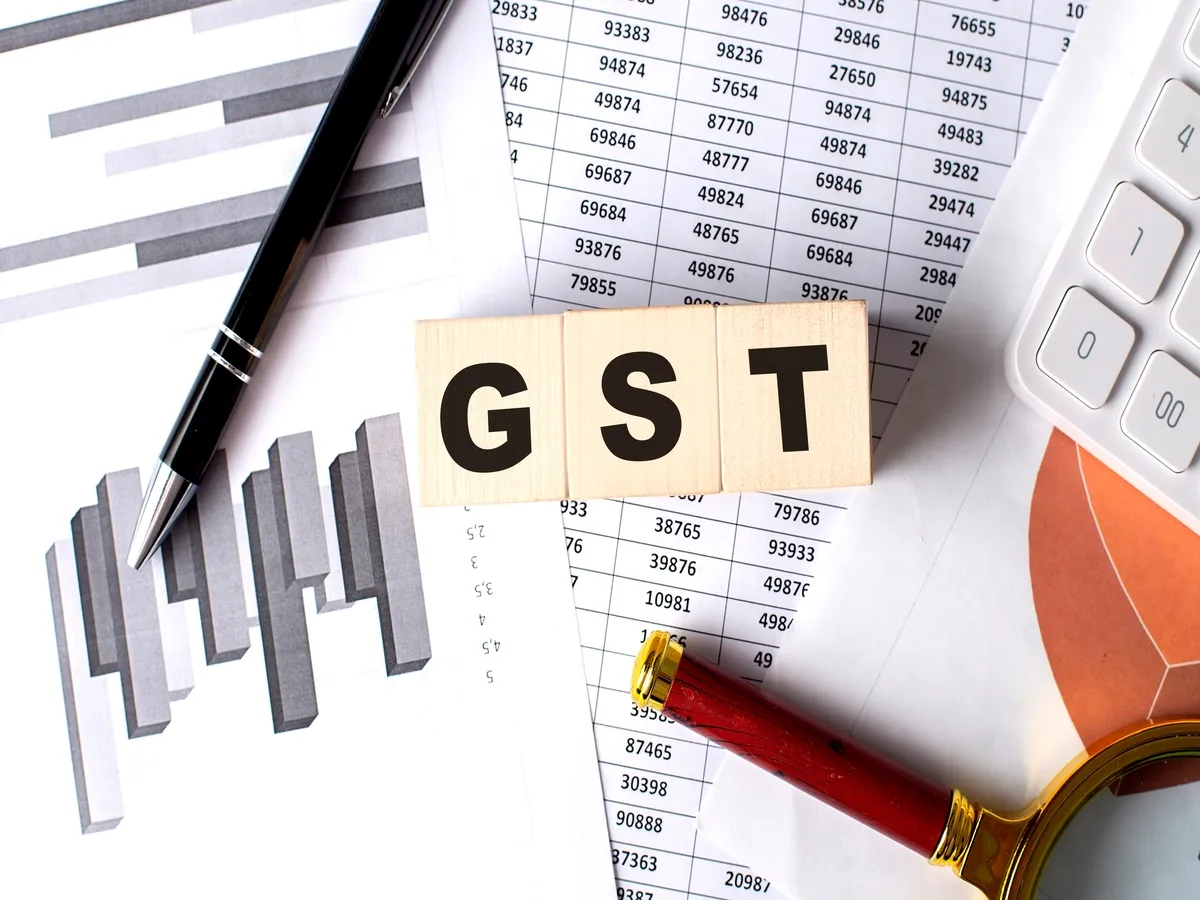Personal Finance News
GST returns deadline set at 3 years post-due date; taxpayers advised to file unsettled returns

3 min read | Updated on October 30, 2024, 17:10 IST
SUMMARY
Taxpayers are advised to file their pending returns as soon as possible as the time limit for filing returns will soon be applicable. As per a recent GSTN advisory, taxpayers will only be able to file their returns up to three years after the due date, starting from early next year.

Experts are advising businesses to proactively audit their filing history and address any outstanding returns within the remaining window
GST taxpayers will no longer be able to file monthly and annual GST returns more than three years after the original due date, according to an advisory from the Goods and Services Tax Network (GSTN). The advisory, issued on October 29, indicates that these changes will take effect in early 2025. Taxpayers are advised to review their documents and file any outstanding GST returns as soon as possible, it added.
The advisory specifies that, under the Finance Act, 2023 (effective October 1, 2023, via Notification No. 28/2023), taxpayers will be restricted from filing returns past the three-year deadline for various categories.
“As per the Finance Act,2023 (8 of 2023), dt. 31-03-2023, implemented w.e.f 01-10-2023 vide Notification No. 28/2023 – Central Tax dated 31th July, 2023, the taxpayers shall not be allowed file their GST returns after the expiry of a period of three years from the due date of furnishing the said return under Section 37 ( Outward Supply), Section 39 (payment of liability), Section 44 ( Annual Return) and Section 52 (Tax Collected at Source). These Sections cover GSTR-1, GSTR 3B, GSTR-4, GSTR-5, GSTR-5A, GSTR-6, GSTR 7, GSTR 8 and GSTR 9. The said changes are going to be implemented in the GST portal from early next year (2025). Hence, the taxpayers are advised to reconcile their records and file their GST Returns as soon as possible if not filed till now,” the advisory read.
This means that GST outward supply returns, returns related to payment of liability, annual returns, and tax collected at source will only be considered valid if filed within three years after the actual due date.
Rajat Mohan, AMRG & Associates Senior Partner, noted that this GSTN update introduces a significant compliance shift.
"This move aligns with a broader intent to ensure timely compliance, enhance data reliability, and potentially reduce the backlog of unfiled returns within the GST system. By capping the period for delayed filings, taxpayers are motivated to reconcile and rectify their records promptly. However, it may also create challenges for taxpayers with historically unfiled returns, especially those facing administrative or logistical constraints in consolidating older records," PTI quoted Mohan as saying.
Businesses are advised to proactively audit their filing history and address any outstanding returns within the remaining window, he said, adding that the action will prevent future compliance issues and penalties that may arise once the portal enforces this three-year limit.
Taxpayers should stay alert and make any necessary adjustments promptly following the new advisory, ideally before December 2024, reported Business Today quoting experts. By taking these steps, they can help avoid potential complications down the line. It’s crucial to perform a comprehensive reconciliation of GST credits, credit notes, and sales reported in returns, and to compare these figures with financial records and the auto-populated GSTR 2A/2B for past transactions, the report added.
About The Author
Next Story

